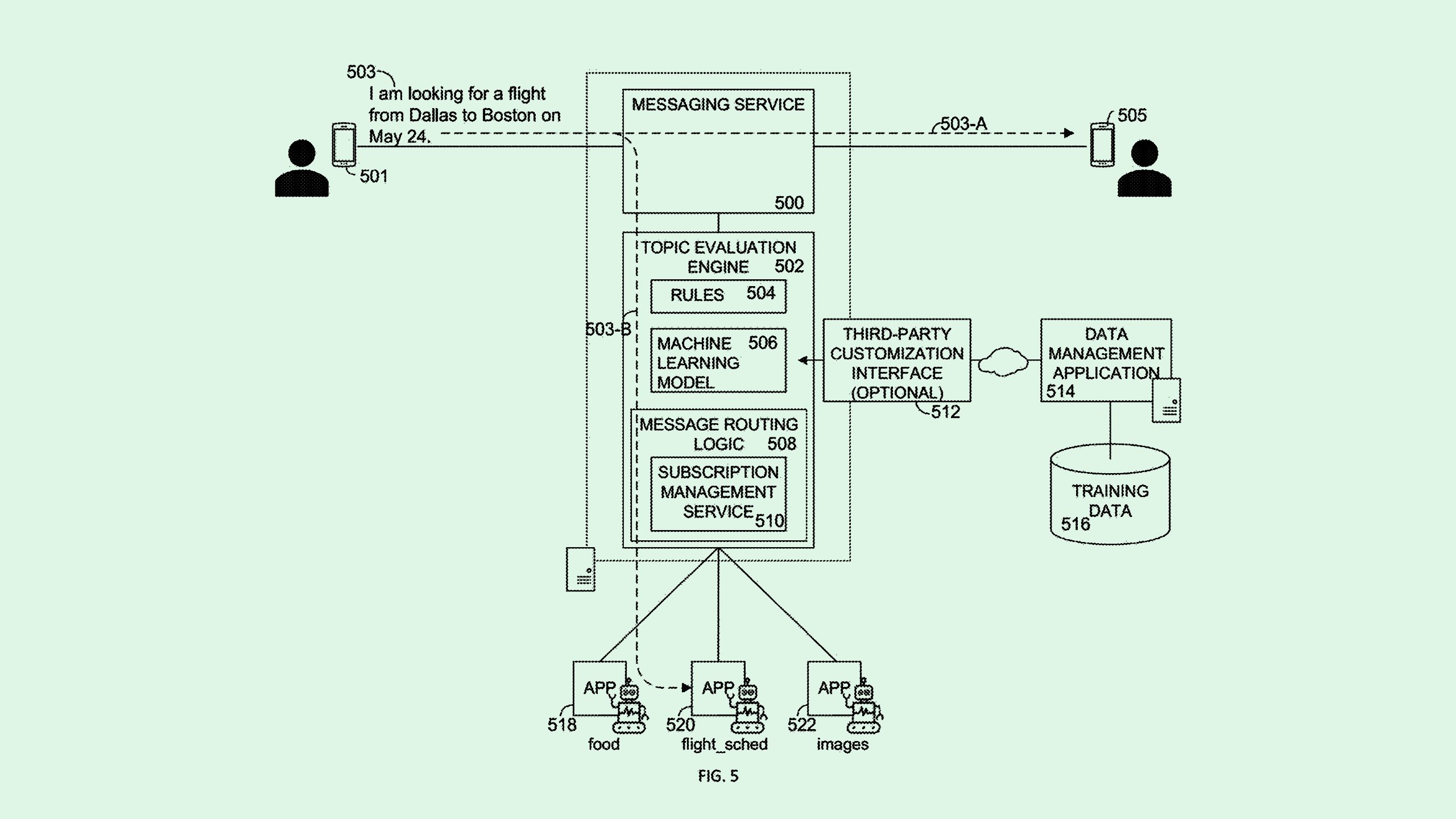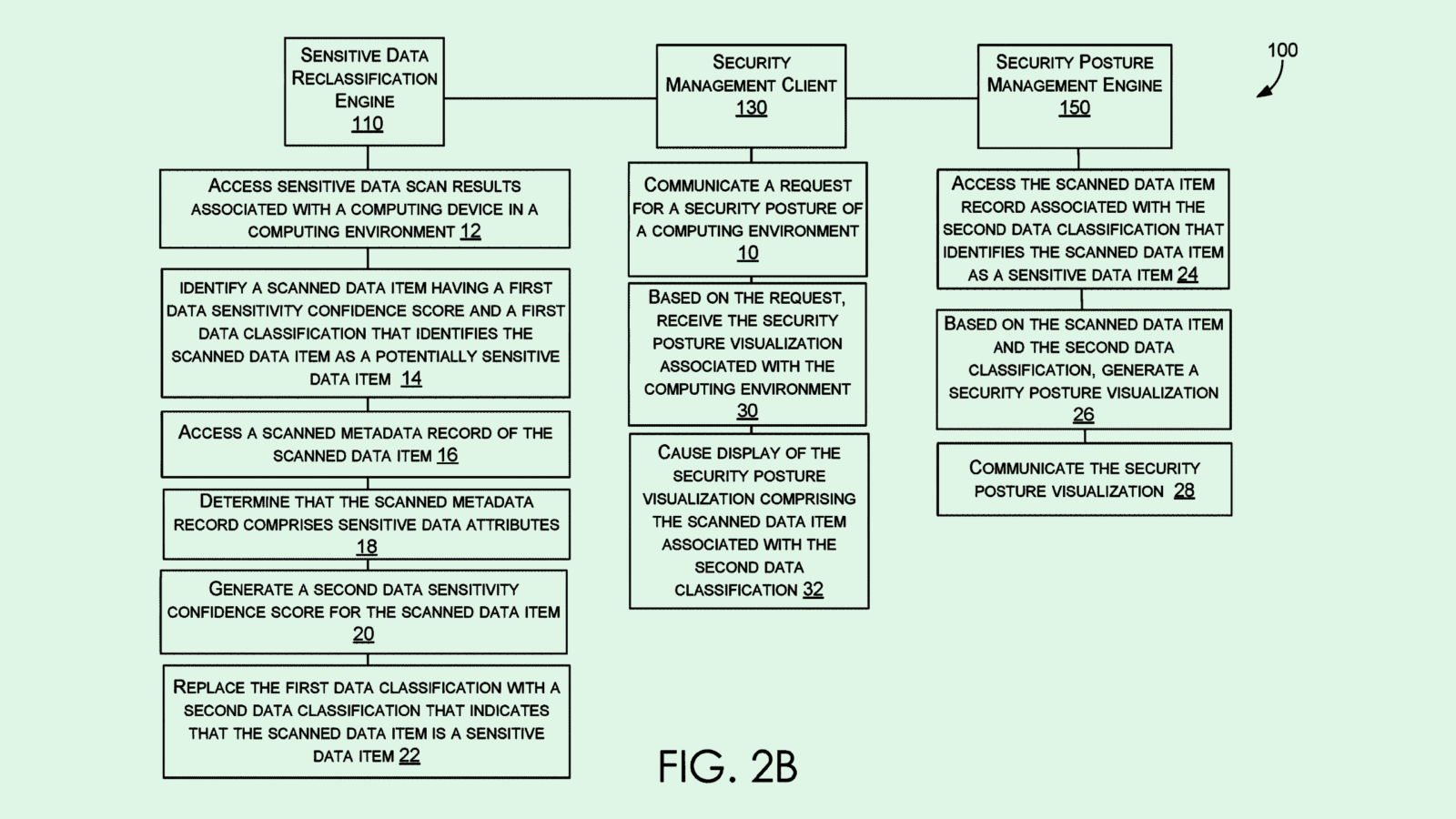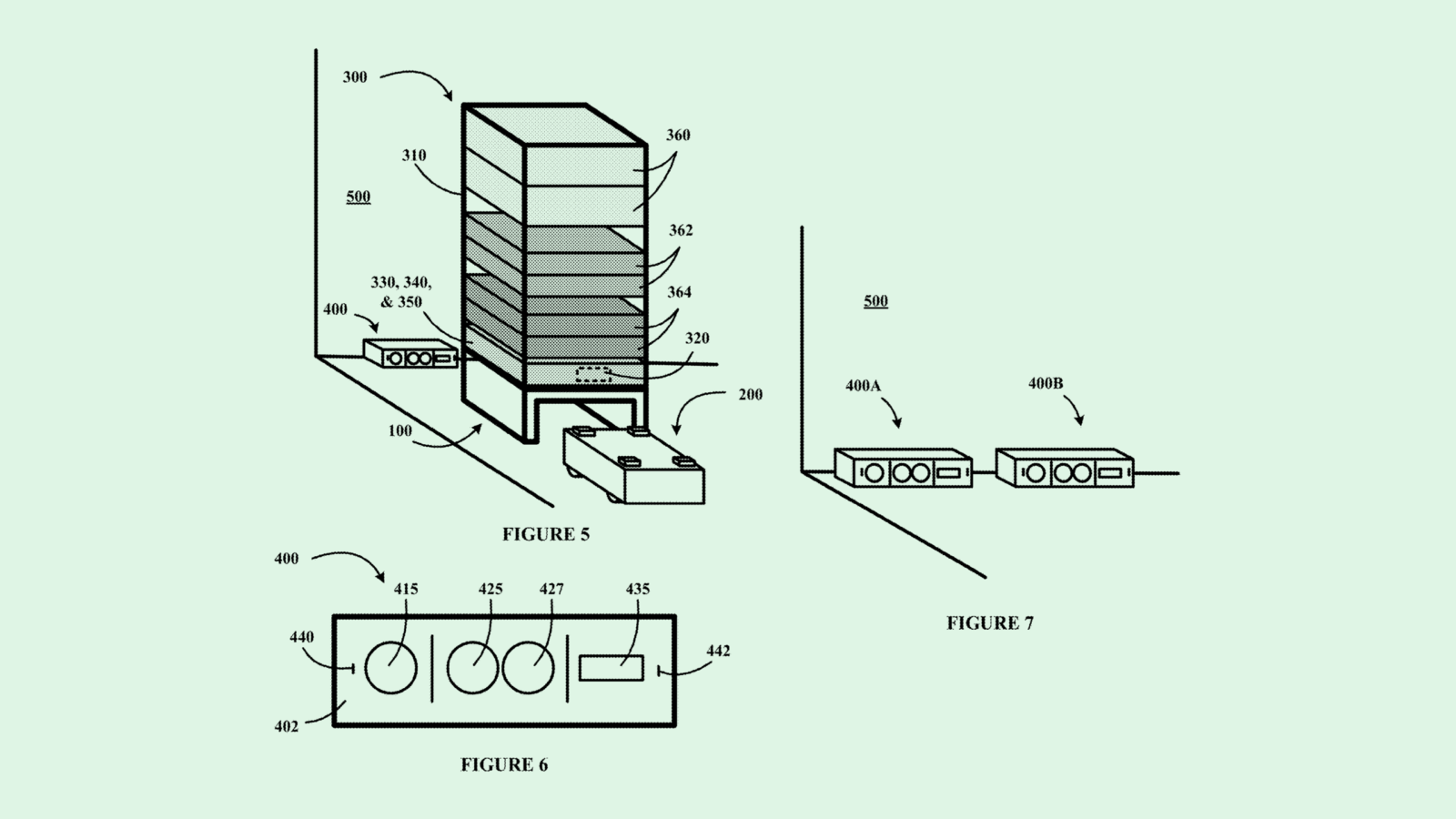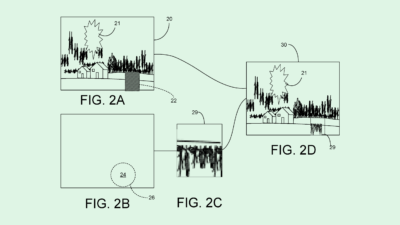Microsoft Patent Could Make AI Integration More Personalized
A patent from Microsoft that aims to make AI model integration more seamless highlights the bumpy road it may face with Copilot adoption

Sign up to uncover the latest in emerging technology.
Microsoft wants to help you with grunt work.
The company filed a patent application for a “topic evaluation engine for a messaging service.” Microsoft’s tech aims to help AI models better understand a user’s context in digital assistant applications so they can better route tasks to proper applications.
Without proper integration and understanding of user context, chatbot assistants lack “the ability of an app to naturally detect conversational intent and seamlessly provide value in context without user initiation,” Microsoft noted.
When a message first comes in, Microsoft’s system uses a machine learning model to identify its topic and intent. It also analyzes it for several “message characteristics,” including things like links, “media items” such as emojis, and mentions and tags of co-workers.
Once a message has gone through that analysis, Microsoft’s tech routes the request to the proper applications, based on whether or not that application was “previously subscribed” to receive messages from the messaging service. “The integrated applications can then process the message and provide enhanced functionality,” Microsoft said.
These “add-on applications” can be configured to meet the user’s individual needs. For example, if you send a message to this chatbot indicating that you need a flight for a specific date, it may automatically route that request to your preferred airline’s app.
A patent like this is a no-brainer for Microsoft. One of the tech firm’s biggest focuses, both in its AI development and generally, is productivity. Gaining IP on any tech that can make integrations more seamless and efficient for the end user stands to benefit the company’s vision.
Its commitment to the productivity sector shows in its earnings report last week: Though weak guidance left the company’s stock slumping, its productivity and business processes unit saw sales of $28.3 billion for the quarter, up 12% year-over-year.
The biggest advantage that Microsoft has in this market is that its tools are all built into a seamless ecosystem, said Thomas Randall, advisory director at Info-Tech Research Group. The fact that its Office suite comes together as a bundle makes it harder for “best-of-breed, specialized tools” to perform well in the market, said Randall — though the company has run into antitrust trouble for this bundling in the EU.
“The advantage Microsoft always tends to have is that they are good enough,” said Randall. “That’s been the case for a range of different apps, because they come together in a whole package and ecosystem.”
Microsoft hasn’t released firm data on how many users it’s managed to garner for its AI companion Copilot since its launch. However, the value of these bundles may be part of the reason that Copilot isn’t getting “the adoption that Microsoft wants,” said Randall.
Copilot is a tool sold separately from the rest of the company’s Office suite, and because of the steep cost, “a lot of organizations are still trying to work out what is the ROI for leveraging Copilot,” said Randall.
“I think at some point there will be a dramatic competitive advantage … There are a lot of opportunities, they need to just convince organizations to invest,” said Randall.











